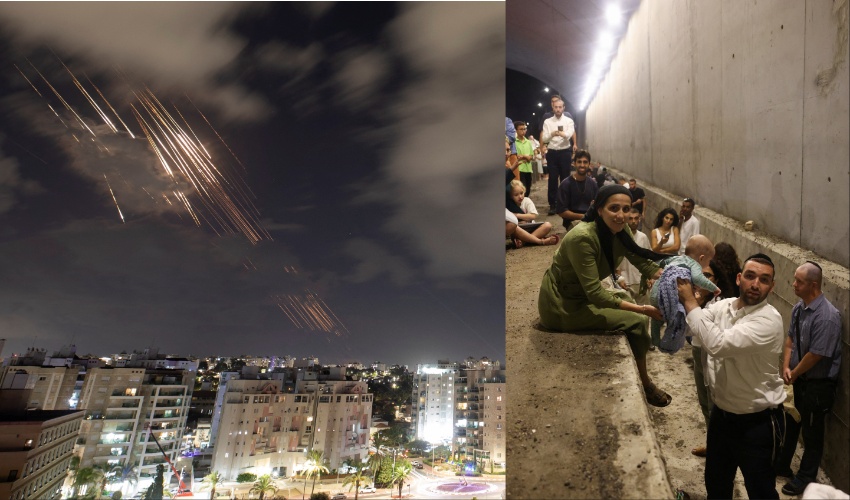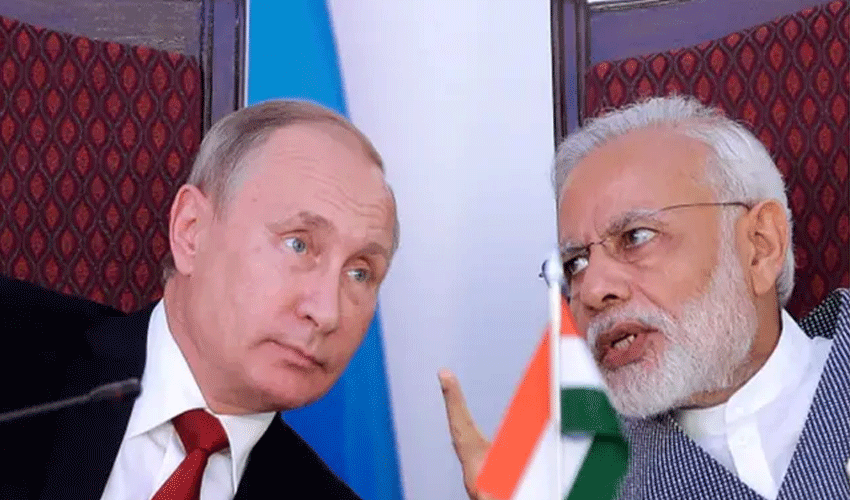In an unprecedented escalation, Iran has reportedly launched a series of ballistic missiles targeting Israel, according to Arab media.
The Israeli military confirmed the attack, stating that over 400 missiles had been fired from Iranian territory, primarily aimed at Tel Aviv. Sirens blared across occupied Jerusalem, warning residents to seek shelter as tensions between the two adversaries reached a boiling point.
The Israeli Defense Forces (IDF) said the barrage began late Monday, with 102 ballistic missiles aimed at key locations in Israel, particularly its economic hub, Tel Aviv.
The missile strikes come just hours after warnings from the United States, alerting Israeli authorities of a possible attack by Iran. Israel has placed its military on high alert, with Israeli citizens urged to move to safer areas amid the growing uncertainty.
Iran yet to confirm missile strikes
As of now, Iran has not officially confirmed the attack. However, Israeli military spokesperson Daniel Hagari stated that preparations had been made in light of the intelligence shared by the U.S., which pointed to an imminent attack from Tehran. The Israeli government, bracing for further strikes, has mobilized its defense systems to intercept incoming missiles.
"The United States has been working closely with Israeli officials, sharing real-time intelligence regarding Iran's movements and possible missile launch," Hagari told reporters. "We are fully prepared to defend our nation."
The attack comes as Israel enters Rosh Hashanah, the Jewish New Year, adding further strain on the country's already tense atmosphere. Public movement has been restricted, and the Israeli government has declared a state of emergency in certain regions to prevent any civilian casualties.
According to analysts, Iran’s missile attack could be in retaliation for Israel’s recent military operations in Lebanon. Israel’s recent covert missions, including intelligence gathering and targeted strikes in Lebanon, have raised tensions across the region.
Menachem Klein, a political scientist from Bar-Ilan University in Israel, told Al Jazeera that the Israeli public and media had been emboldened by the country’s recent military successes. However, the missile strikes have tempered public sentiment, leading many to reconsider calls for aggressive action against Iran’s nuclear program.
No casualties reported yet, but fears loom
There have been no reports of casualties so far, but fears are mounting that further attacks may follow. Israel’s defense systems, including the Iron Dome, are currently active and working to intercept the ballistic missiles. The situation remains fluid, with both sides prepared for potential escalation.
International observers have expressed concerns that this new wave of violence could further destabilize the already fragile Middle East. The United Nations and other global leaders have called for restraint, urging both Iran and Israel to avoid escalating tensions further.
Global reaction and outlook
The New York Times, citing Israeli and U.S. officials, had earlier reported that Iran was preparing for an attack on Israel within hours, adding to the growing anxiety in the region.
World leaders, including those in Europe and the Middle East, have called for de-escalation, fearing that the conflict could spiral out of control.



























